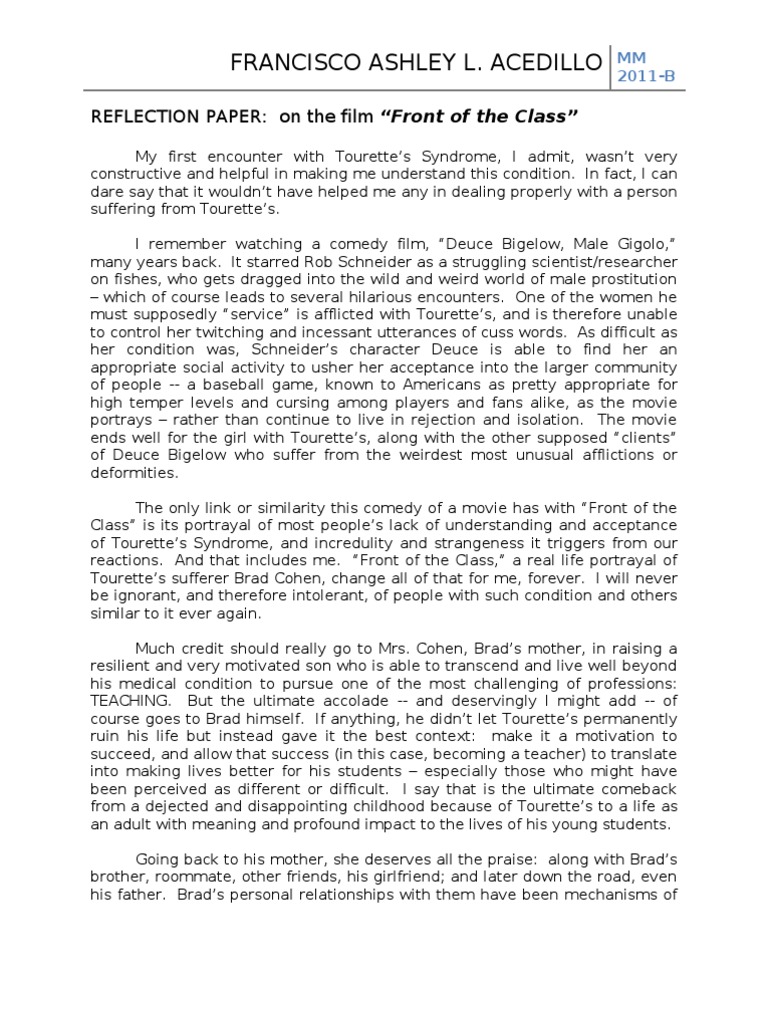
24/1/ · A good way to write an introduction for a research paper is to introduce your reader to the topic by telling them what you are writing about. Then, make sure you include an interesting fact, or some surprising statistical data, so that your reader will be 6/5/ · How to Start a Research Paper. 1. Get started early. Most likely, you'll bounce around from topic to topic until one sticks. You'll need time to rebound and to change topics. 2. Examine the assignment. If you are in %(1)
7 Easy Steps to Help You Learn How to Start a Research Paper
There are two words that evoke instant anxiety in nearly every academic—research paper. A research paper is different from a research proposal also known as a prospectusalthough the writing process is similar. A proposal is a persuasive piece meant to convince its audience of the value of a research project.
Think of the proposal as the pitch and the paper as the finished product. Write with confidence. Get real-time suggestions wherever you write. Get Grammarly A prospectus is a formal proposal of a research project developed to convince a reader a professor or research committee, or later in life, a project coordinator, funding agency, or the like that the research can be carried out and will yield worthwhile results.
Research will help you in several ways:. As you read and evaluate the information you discover, take notes. Keep track of your reference materials so you can cite them and build your bibliography later. Columns can include headings such as Title, Author, Reference link, Page number, and Quotes. Grammarly Premium identifies things that need to be cited and helps you cite them. Your how to start a good research paper spawned tons of ideas.
before you begin writing. The thesis statement is a sentence that summarizes the main point of your essay and previews your supporting points. The thesis statement is important because it guides your readers from the beginning of your essay by telling them the main idea and supporting points of your essay.
Most research papers begin with a thesis statement at the end of an introductory paragraph. Most research papers fall into one of three categories: analytical, expository, how to start a good research paper, or argumentative. Without a well-thought-out thesis statement, your paper is likely to end up jumbled and with an unclear purpose.
An outline will help you organize your thoughts before you dig into the writing process. Those main points are your sub-headings. Now, organize your thoughts and information under each sub-heading. Keep your focus narrow and avoid the kitchen sink approach. You know, the one where you throw in every bit of interesting research you uncovered, including the fungal growth in the U-joint of your kitchen sink? Everything you learn may be fascinating, but not all of it is going to be relevant to your paper.
Need more help? Grammarly can save you from misspellings, grammatical and punctuation mistakes, and other writing issues on all your favorite websites. Your writing, at its best. Use Grammarly for mistake-free writing.
Get Grammarly Here are the best elements to a research paper:, how to start a good research paper. Craft a strong opening sentence that will engage the reader. Explain the purpose of your paper and how you plan to approach the topic. Is this a factual report? An analysis? A how to start a good research paper piece?
Conclude the introductory paragraph with your thesis statement. The introduction is the broad beginning of the paper that answers three important questions:. MORE INFO: Starting Your Research Paper: Writing an Introductory Paragraph. Your paper may evolve, so keep it fluid, but do remember to stay focused on your thesis statement and proving your points. Organize first and use your sources as they become relevant. Consider the Rule of Three.
Find supporting arguments for each point you make, and present a strong point first, followed by an even stronger one, and finish with your strongest point. MORE INFO: Strong Body Paragraphs. Most research papers conclude with a restated thesis statement.
Present your thesis again, but reword it. Take a moment to explain why you believe those points support your case. If your research is inconclusive, take a moment to point out why you believe this topic bears further research. MORE INFO: USC Libraries Research Guides: The Conclusion. This part of the process is about much more than just fixing typos and how to start a good research paper or subtracting commas.
Thorough research, thoughtful organization and presentation, and attention to detail in your developmental and final line edit will help you succeed in crafting a winning research paper. How to Write a Research Paper Karen Hertzberg. Writing How to Write a Follow-Up Email After an Interview Writing 20 Challenges to Help You Write Your Way Into Writing 5 Tips to Make Remote Interviewing a Breeze Writing 30 Writing Tips to Make Writing Easier Writing Can You Truly Focus When Current Events Distract You?
Writing How To Set SMART Goals. Writing, grammar, and communication tips for your inbox.
How to Develop a Good Research Topic
, time: 4:34How to Start a Research Paper: Guide with Examples | EssayPro
24/1/ · A good way to write an introduction for a research paper is to introduce your reader to the topic by telling them what you are writing about. Then, make sure you include an interesting fact, or some surprising statistical data, so that your reader will be 6/5/ · How to Start a Research Paper. 1. Get started early. Most likely, you'll bounce around from topic to topic until one sticks. You'll need time to rebound and to change topics. 2. Examine the assignment. If you are in %(1)

No comments:
Post a Comment